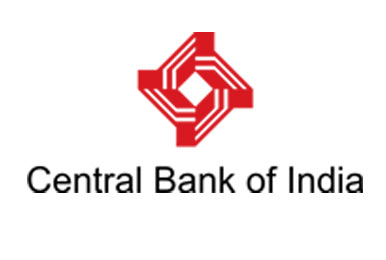The Central Bank of India, one of the oldest and most distinguished financial institutions in the country, has played a pivotal role in shaping India's banking landscape. Established in 1911, it has a rich history of over a century of dedicated service to the nation. In this article, we will explore the history, significance, and contributions of the Central Bank of India to India's financial sector.

A Rich Heritage
Central Bank of India, often referred to simply as 'Central Bank,' holds the distinction of being the first commercial bank to be wholly owned and managed by Indians. Founded by Sir Sorabji Pochkhanawala, a visionary and prominent banker, the bank was conceived with a clear mission: to serve the banking needs of the common Indian citizen and contribute to the economic development of the nation.
Contributions to India's Financial Landscape
Central Bank of India has made several significant contributions to India's financial landscape over the years:
1. Financial Inclusion and Rural Development
Central Bank of India has been at the forefront of promoting financial inclusion and rural development. It has played a crucial role in providing banking services to India's vast rural population through an extensive network of branches and innovative banking programs. The bank's commitment to reaching the unbanked and underserved areas has helped bridge the urban-rural financial divide.
2. Support for Small and Medium Enterprises (SMEs)
Recognizing the importance of SMEs in India's economic growth, Central Bank has developed specialized financial products and services tailored to meet the unique needs of small and medium-sized enterprises. This support has enabled countless entrepreneurs to realize their business aspirations and contribute to job creation and economic expansion.
3. Focus on Digital Transformation
In line with India's growing digital economy, Central Bank has made significant strides in digital banking and technological innovation. It offers a range of digital banking solutions, including mobile banking, internet banking, and digital payment services, making banking more accessible and convenient for customers.
4. Commitment to Corporate Social Responsibility (CSR)
Central Bank of India has consistently demonstrated its commitment to corporate social responsibility. It has initiated various programs and projects aimed at improving education, healthcare, and livelihoods in underprivileged communities. The bank's CSR initiatives reflect its dedication to social and economic development beyond its core banking activities.
Challenges and Future Outlook
Like many other banks, Central Bank of India has faced challenges over the years, including issues related to non-performing assets (NPAs). However, the bank has undertaken measures to address these challenges and strengthen its financial position.
Looking ahead, Central Bank is well-positioned to capitalize on India's ongoing economic growth and digital transformation. With a renewed focus on technology, financial inclusion, and customer-centric services, it is poised to continue serving as a vital catalyst for India's financial development.
The Central Bank of India holds a special place in the nation's history and financial landscape. Its commitment to inclusive banking, support for SMEs, embrace of digital technologies, and dedication to corporate social responsibility exemplify its role as a pioneering and socially responsible institution. As India's economy continues to evolve, the Central Bank of India remains dedicated to its mission of empowering individuals and communities through financial services, contributing to the nation's progress and prosperity.
